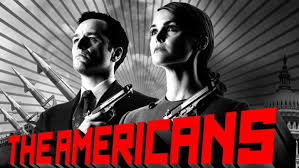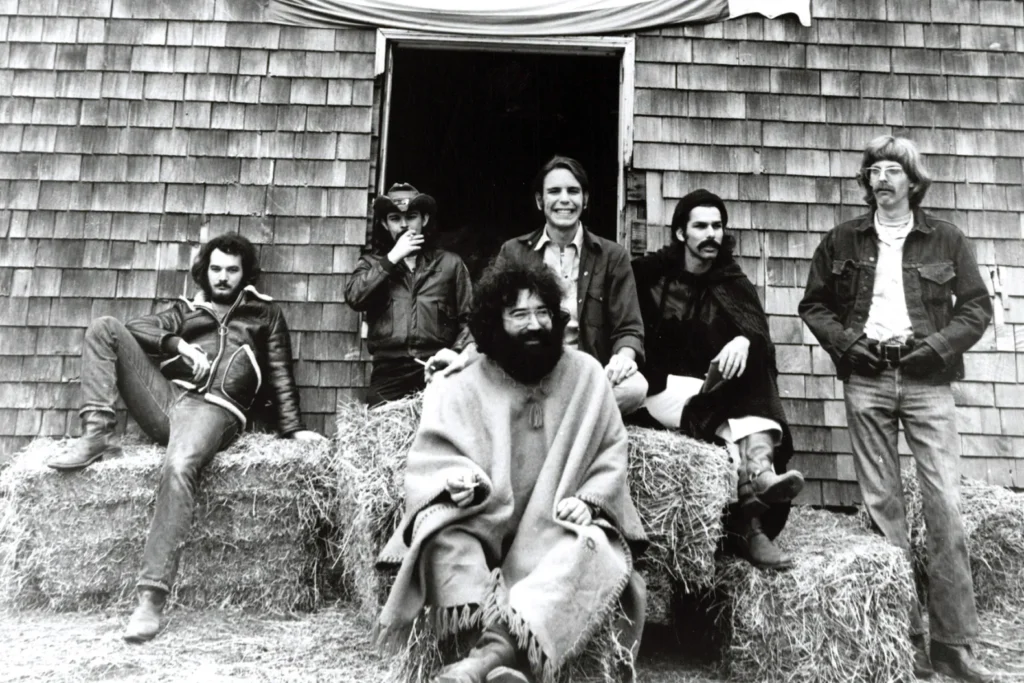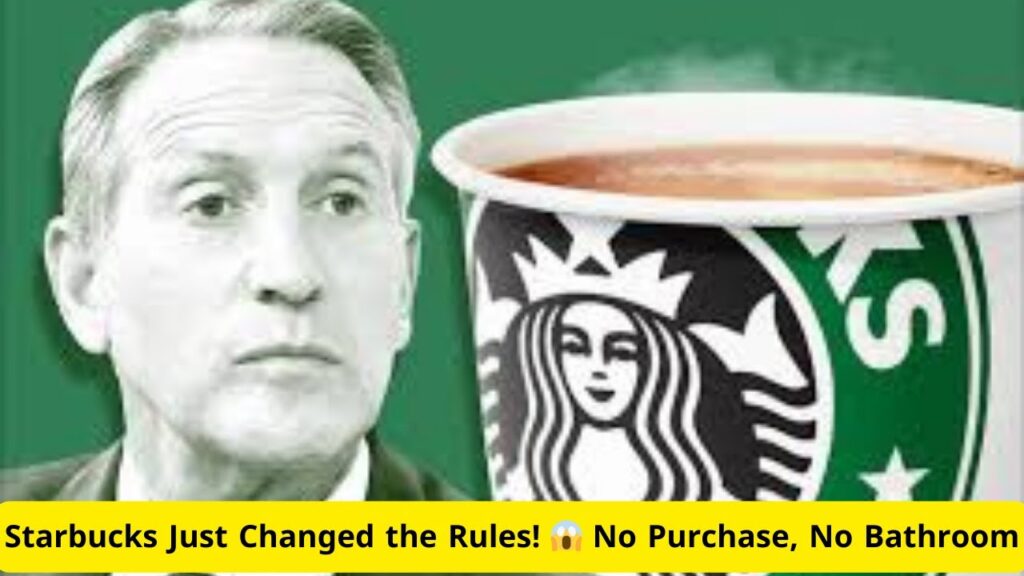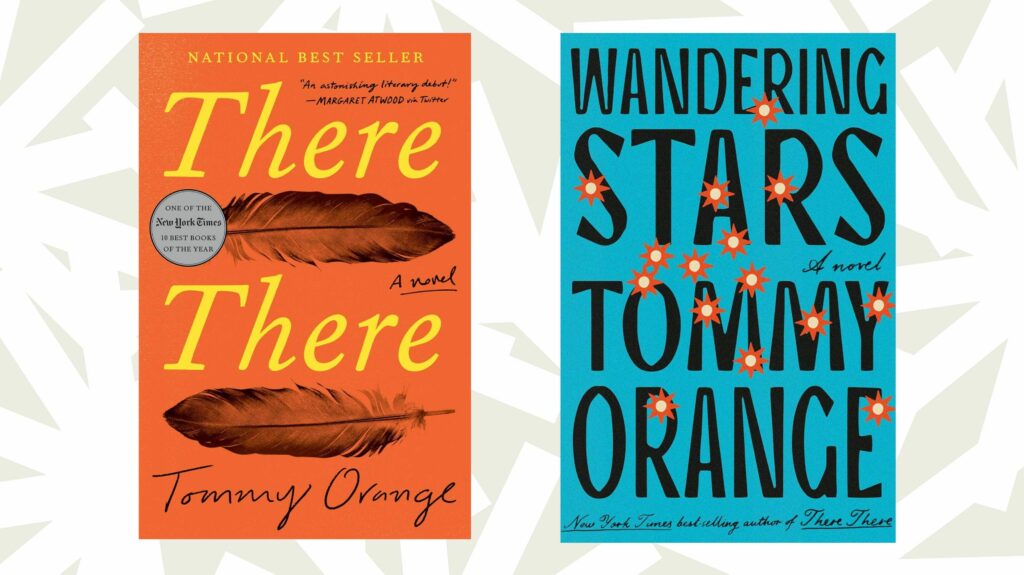Does our storytelling always need to be virtuous?
My favorite television shows are populated by despicable characters.
Tony Soprano and Walter White robbed and killed. Everyone in Seinfeld, along with the Larry David “character” role in Curb Your Enthusiasm, were highly neurotic and self-absorbed. Jimmy McGill/Saul Goodman is a congenital liar and con man in Better Call Saul and Breaking Bad.
The Americans, my favorite show of the past few years, which just ended its run after six seasons, featured a couple of Soviet spies dedicated to destabilizing our country and killing anyone who got in their way. The body count from their handiwork was high, claiming FBI agents, other government officials, innocent bystanders and sometimes their very own people.
Antiheroes are an age-old convention of literature. They confuse, force us to question our moral convictions and manipulate our emotions to win us over. Bill Hader’s character, a cold-blooded contract killer in the HBO series Barry, kills a cop in the season finale. A cop who we really like. She’s decent, honest and dedicated while wearing her vulnerability and humanity on her sleeve. Yet Barry shoots her dead and I’m still rooting for him. I hope he doesn’t get caught! I hope he gets the girl and lives happily ever after!
Just as TV characters can be our best friends, our best friends often represent some aspect of the anti-hero. A common story, repeated over and over in a consumer values related research project we conducted a year ago, was that of the man introducing his best friend to his girlfriend for the first time. It starts with a litany of excuses. “Well, he’s kind of an alcoholic and he gets ridiculously rude and stupid when he’s drunk. He can’t stop cursing, has no manners and is sort of a racist, though I really don’t believe all the things he says. He self-sabotages with every woman he meets. The breakups aren’t pretty. But…he’s really a great guy!”
That’s a bit of an exaggeration, but it does capture the essence of how many of us feel.
So why are these less than aspirational characters, real and fictional, able to win us over so completely?
That could be (and probably is) the subject of a doctoral dissertation, but suffice it to say for now that it may be far easier to identify with outsiders, underdogs, tricksters, rogues, liars and outright criminals than the straight A student and model citizen.
We all have relationships like this because we are all flawed. Some of us more than others and some of our friends more than others. It’s easier to see ourselves in these types because all their weaknesses and imperfections make them more like us.
This past week I saw Randy Newman at the Hollywood Bowl. His insights into the human condition make him one of my heroes of songwriting. In concert, he’ll alternate between the highly personal – love songs or songs of loss – with raw honesty and vulnerability, his innermost emotions completely exposed. But he steps into character for most of his other songs, telling us tales of racists, misogynists, materialists, dictators, corrupt politicians and petty criminals. Even a pedophile old man who murders a young girl in a park.
Despite “You’ve Got a Friend in Me,” Newman is not Mr. Sunshine and he’s not for everyone. Still, he’s just another example of how we can be attracted to “the dark side.” Don’t tell me that you’ve never secretly rooted for Darth Vader.
Does any of this apply to branding? It must, because all we hear about these days is about the need for all marketers to be storytellers. But compared to the great stories told in film, television and print, those that draw us in, hook us and don’t let go, marketing stories are plain vanilla.
Could there ever be anything like Macbeth, The Brothers Karamazov, The Godfather or Star Wars in the world of advertising? Not just good guys and bad guys, but complex characters who travel between those worlds on their journeys to enlightenment or tragic endings.
That’s not what we do in marketing. Our challenge is to communicate quickly, clearly and emotionally in the blink of an eye. As there is seldom room for nuance, marketers tend to portray their brands as completely virtuous. This is especially true in the age of corporate “enlightenment” and “storytelling,” where product efficacy and brand positioning are often secondary to the alignment with the proper social causes.
I practice this myself and teach it to my branding students at USC. I’m always prodding our clients to get their heads out of the rational world and ladder up to higher order values and aspirations. Freedom! Family! Belonging! I can’t recall anyone ever laddering up to “Fundamentally flawed but trying to be good. And every time I try to get out, they just drag me back in.”
Are we getting something wrong here? Our friends and favorite characters, the people we choose to spend our time with, are far from ideal and don’t fit neatly into clearly defined, black and white descriptions. Walter White is a ruthless, cold-blooded killer with lots of inner demons and a big chip on his shoulder. But hey – he just wants to take care of his family, right?
So, if great friendships and the most compelling stories are grounded in the complexities of human weakness, why is it that we continue to create such lame, simple-minded, always virtuous, one-dimensional stories for our brands?
There are a few exceptions, but it’s usually the market, not the marketer that makes “flawed” brands appealing. There was a piece in last week’s Washington Post by youth, style and trends reporter Lavanya Ramanathan (@lalamasala) about the popularity of Juuling among teenagers. Ramanathan posits that “the secret to Juul’s controversial success may be a twist on the age-old story of smoking as an outlet for teenage rebellion.”
In other words, like cigarettes before it, the experience of Juuling might be “good,” but people like it because it’s “bad.” You might position motorcycles, some cars, alcoholic beverages and other products this way. The coming onslaught of Cannabis products could fit here as well. “New Day Tripper Gummies. The discrete solution for taking the edge off at work without your boss being any the wiser.”
What about every other kind of product? How about enterprise software that does something other than “take care of you’re the details so you can pay attention to what’s really important?” Instead, how about, “Be the person they love to hate. Screw the IRS. Screw your employees. Screw your shareholders. New Rebel Reconciliation shows the world that you’ll do what it takes to defy accepted business conceptions – questionably but (barely) legally – so you can make buckets of money and buy that beach house you know you deserve.”
How about, instead of Mr. Clean simply washing away dirt, he becomes a personal fixer, helping people to wash away their sin and sloth? “What you do in your home is up to you. But eventually, you’ve got to clean it up so as not to be an embarrassment. Or stay out of jail. So live your dirty life. Mr. Clean has your back.”
Actually, that’s not unlike the positioning taken on by TV lawyers. “Be your bad self. Drive drunk, don’t pay your taxes, jump into a merit-less class action. We don’t care who you are or what you did. Give us a cut and we’ll make it right for you.” It works for them, right?
Our obsession with “storytelling” should reflect how truly great stories are told, but we may be falling short. A writer friend of mine always asks her students to identify their protagonists’ greatest strength. Equally important, she argues, is to identify their greatest weakness. That flaw, often the inverse of the strength, is as important to overcome as the antagonist.
Yet we never address brand weaknesses in our stories. It wouldn’t make any sense to admit to any faults when we’re trying to sell a product or service. Or does it? If we love people all the more for the flaws that make them human and multi-dimensional, can it be possible to harness this power for brands?




